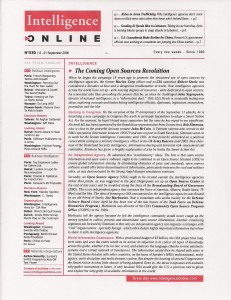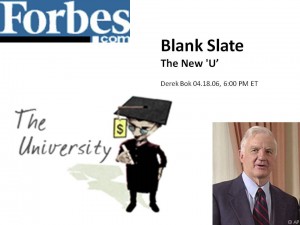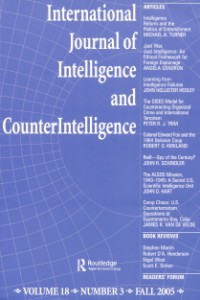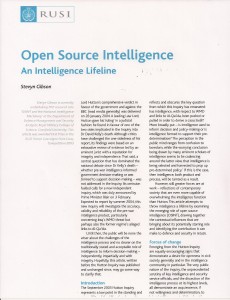ABSTRACT: In his book, Linked: How Everything is Connected to Everything Else and What it Means for Business, Science, and Everyday Life, Albert-Laszlo Barabasi gives us a detailed analysis of the typology of the WWW. In so doing, he makes many errors from which we can derive important lessons about ways not to study the WWW or complex networks in general. These lessons are crucial from the point of view of the philosophy of science, and suggest that more care and reflecivity is called for in pursuing WWW research. This paper is intended to provided imputus for meaningful thought and further discussion.
CONTENTS:
Introduction: Quality and Quantity
Network Analysis (Analytical Dimensioins of Networks, Robot Typology, Network Density, Assessing the Value of Hubs and Non-Hubs, The Effect of Search Engines on Typology)
Static Quality (Proportional Linkage, Website Design, Valuable Referrers, The Effect of Closeness)
Dynamic Quality (The Myth of Fitness, Competition is Cooperation, Survival of the Fitters, Innovation Changes the Landscape, Limits to Growth, Alternative Norms to Preferential Treatment
Conclusion: Getting It Right





